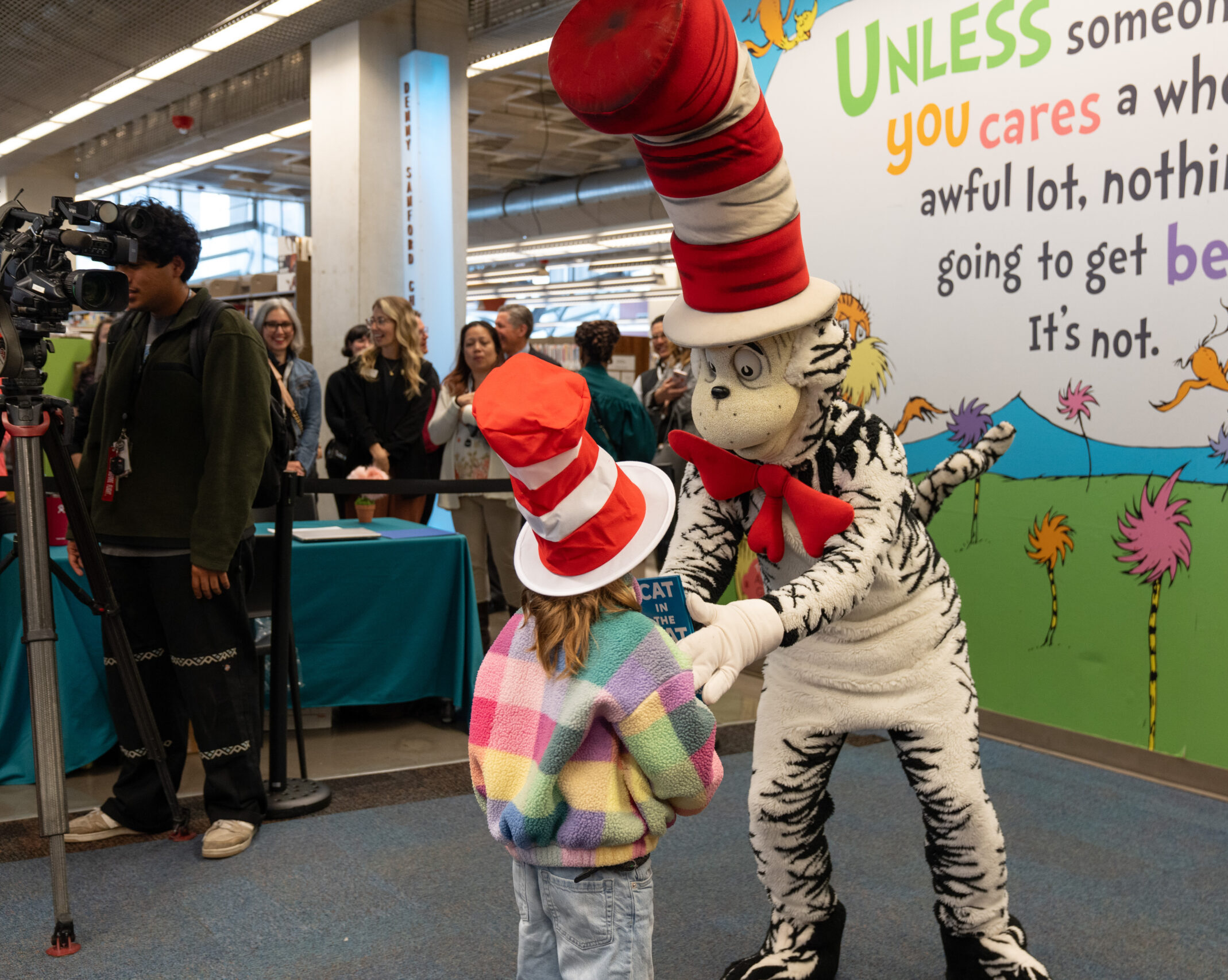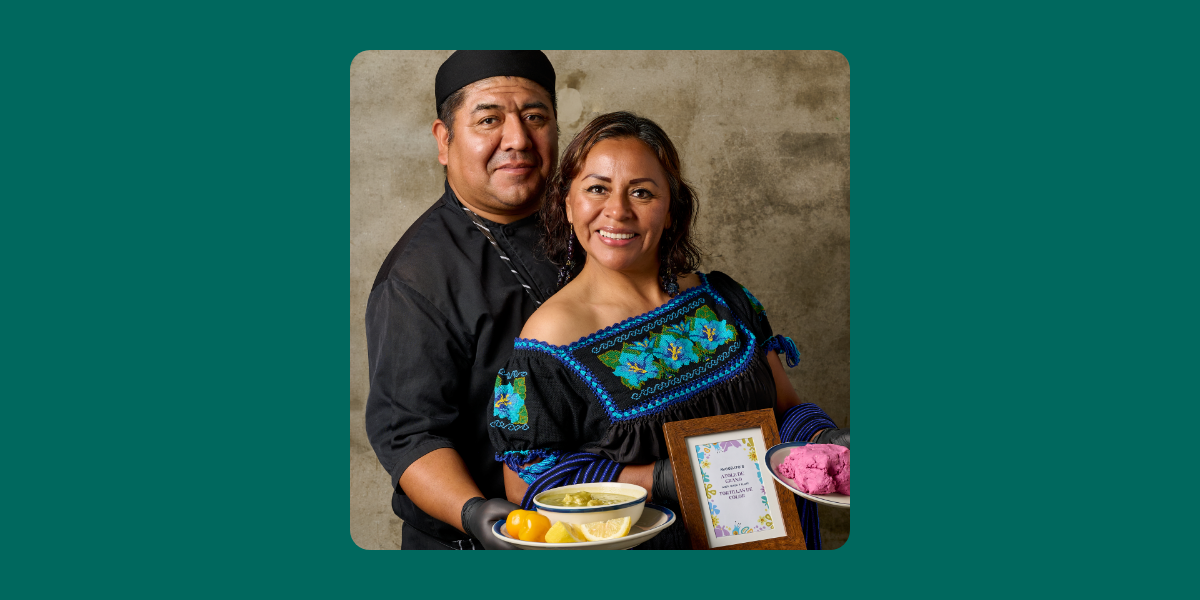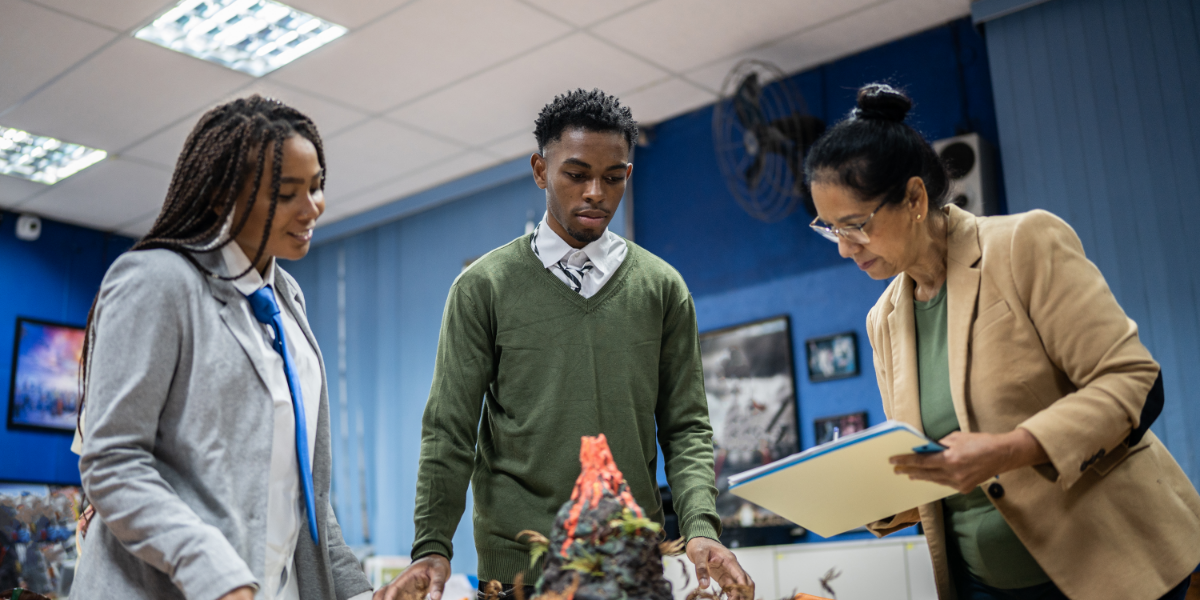Each day is an opportunity to deepen my understanding of diversity, equity and inclusion, and in doing so with our team at The San Diego Foundation, I recently read Trevor Noah’s “Born a Crime,” his autobiography of growing up in South Africa during apartheid’s final throes. I came away with a much greater appreciation for the grit and tenacity of the witty and sharp-tongued host of “The Daily Show.”
Noah’s crime? Being born in South Africa to a Black mother and Swiss/German (White) father. Had his parents been discovered, they’d have been imprisoned, and he’d have been sent to an orphanage.
“Born a Crime” is one of those memoirs that is hard to put down and hard to read at the same time. You would never wish upon any young man, including our Black San Diego youth, what Trevor experienced under apartheid.
One passage in particular stood out to me as a stark truth. In high school, Noah formed a business partnership with Andrew, a White student, who sold pirated music CDs produced from his own CD writer. Noah was the intermediary, selling CDs to other high school students. He made good money as all other forms of decent work for a Black student were unavailable. When he graduated, Andrew thanked Noah for his business partnership and gifted his CD writer to him. While Noah had a basic computer, there was no way he could ever have afforded to buy his own CD writer.
It changed his life. As he wrote:
People love to say, “Give a man a fish, and he’ll eat for a day. Teach a man to fish, and he’ll eat for a lifetime.” What they don’t say is, “And it would be nice if you gave him a fishing rod.” He added, “People say, “Oh, that’s a handout.” No. I still have to work to profit by it. But I don’t stand a chance without it.
As we commemorate Martin Luther King Jr. Day across our country, this one passage from Noah’s story rings true, loud and clear.
Our board member Rudy Johnson, the CEO for the Neighborhood House Association, shares a similar point: a rising tide lifts all boats, but not all Black San Diegans have a boat to begin with.
Although Black San Diegans represent only 4.4 percent of our county’s population, they are disproportionately impacted by police stops, gaps in student achievement, health outcomes, school suspensions, homelessness, unemployment and home ownership. Historically, Black homeowners have been redlined, Black San Diegans have been underemployed, and Black business owners and entrepreneurs have been underfunded.
Noah’s story and these regional facts confirm for me why The San Diego Foundation, along with the Central San Diego Black Chamber of Commerce, established our Black Community Investment Fund.
It validates why we provide up to $70,000 in home-ownership grants to help Black families move into their first owned home. It is why we offered a Black fraternity and four Black sororities challenge grants to grow their scholarship funds and mentorship capacities. It reinforces why we will focus on bringing more Black teachers into county school districts and to provide paid internships to Black youth.
As we think on how all of us can play a role in achieving Martin Luther King Jr.’s dream of “the beloved community,” what fishing rods and instructions do we have to offer to increase equitable access to those who have been underserved in our communities?
This is philanthropy at its very best. This is us expressing our love for all of humankind. And we don’t have to go to South Africa to do so. We can do this noble work each day right here in San Diego.
This article first appeared in The San Diego Union-Tribune.




